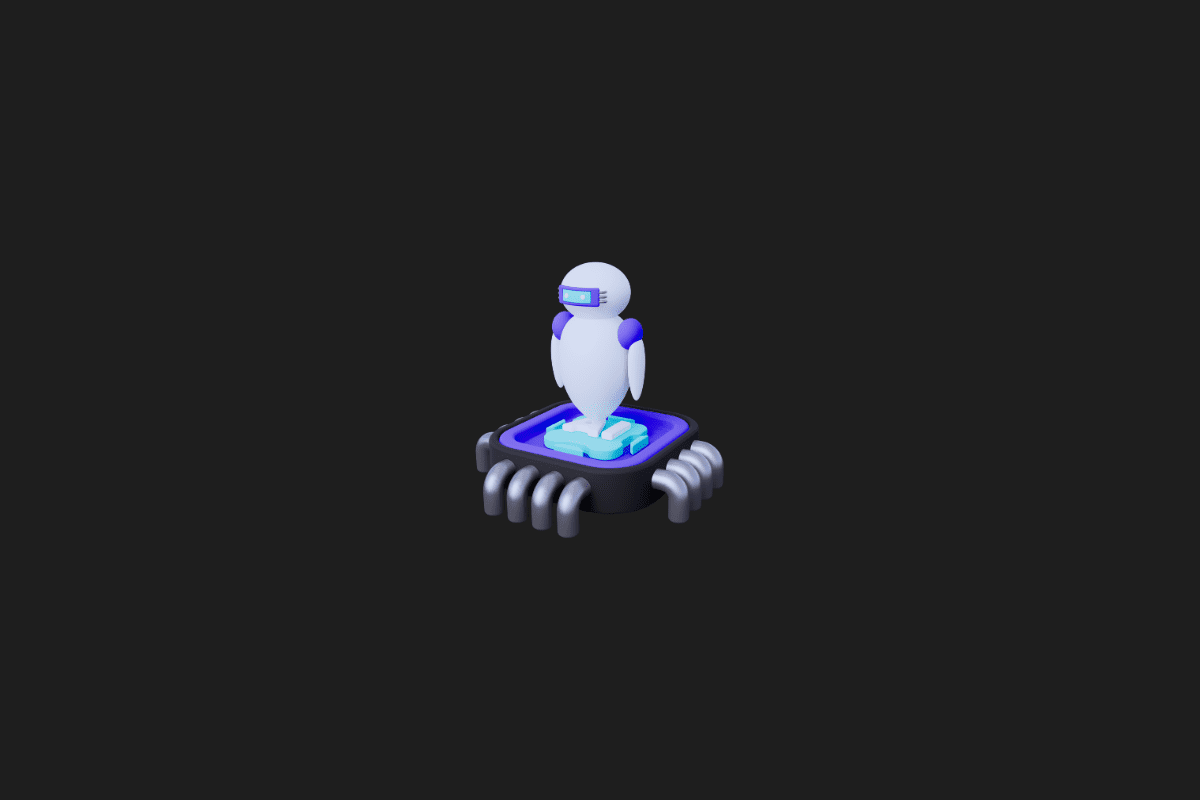Artificial Intelligence (AI) plays a pivotal role in modern gaming, shaping various facets of game design, development, and player experience. Here are some ways in which AI is used in gaming:
Non-Player Characters (NPCs)
Behavior: AI governs the behavior of NPCs, making them appear intelligent and responsive. For example, NPCs might react to a player’s actions, work together in teams, or display patterns that evolve over time.
Adaptation: AI allows NPCs to adapt to players’ strategies, ensuring that the gameplay remains challenging and unpredictable.
Gameplay:
Dynamic Difficulty: AI can adjust the game’s difficulty based on a player’s skill level, ensuring that the game is neither too easy nor too hard.
Personalized Experiences: AI can tailor in-game events and story arcs based on player choices, leading to personalized narratives and experiences.
Procedural Content Generation:
AI algorithms, particularly those based on procedural generation, can automatically create content such as levels, maps, terrains, and even entire universes. Games like “No Man’s Sky” and “Minecraft” use such techniques to generate vast, unique worlds.
Pathfinding:
Algorithms like A* are commonly used to help NPCs navigate around obstacles and move efficiently within the game environment.
Decision Trees and Finite State Machines:
Used to structure decision-making for NPCs, allowing them to make choices based on certain triggers or conditions.
Game Testing:
AI bots can be used to automatically playtest games, identifying bugs, balancing issues, or areas of improvement.
Graphics and Animation:
Neural networks, particularly Generative Adversarial Networks (GANs), can be used for upscaling textures, generating realistic graphics, or creating fluid animations.
Machine learning can help in automating the creation of animations based on certain inputs, leading to more realistic movements and reactions from in-game characters.
Voice and Chat Interactions:
AI-driven chatbots or voice assistants can be integrated into games to provide natural language interactions, enhancing immersion.
Player Behavior Analysis:
AI can analyze players’ behaviors and preferences, providing valuable insights for game developers. This can lead to more effective game design, better monetization strategies, or enhanced player engagement.
Realistic Soundscapes:
AI can be used to generate or modify in-game sounds and music based on gameplay events or player actions.
Cheat Detection:
- Machine learning models can be trained to identify abnormal player behaviors or patterns that indicate cheating, ensuring fair play.
Game Design and Balancing:
- AI tools can assist designers in balancing game mechanics by simulating thousands of gameplay scenarios quickly.
As technology progresses, the application of AI in gaming continues to grow, offering enhanced realism, more complex narratives, and increasingly engaging experiences for players.
